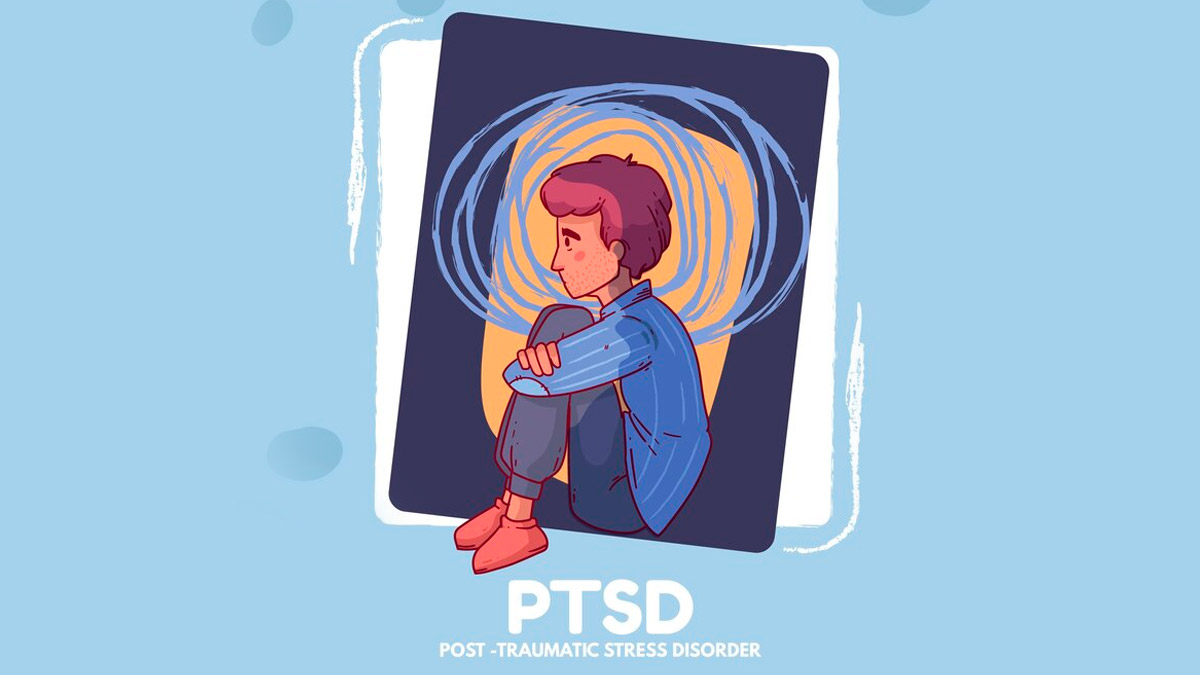
In a groundbreaking study, scientists have uncovered a key link between the body's stress hormone response and the development of post-traumatic stress disorder (PTSD). Researchers have long been puzzled by why some individuals develop PTSD after trauma exposure while others do not. The study, led by Carmen Sandi and her team, focused on glucocorticoids, steroid hormones produced by the adrenal glands, particularly cortisol, the primary stress hormone.
Low levels of glucocorticoids have been observed in PTSD patients, but their role in the condition was unclear. By using genetically modified rats with reduced responsiveness to glucocorticoids, the researchers discovered that this hormonal imbalance led to several PTSD vulnerability traits, including impaired fear extinction, reduced hippocampal volume, and disturbances in rapid-eye-movement sleep (REMS).

Also Read: India Tops Global Tuberculosis Cases: Urgent Innovations Needed to Curb the Epidemic
Fear extinction, a process where conditioned fear responses diminish over time, was impaired in the rats with low glucocorticoid responsiveness, mirroring a common symptom of PTSD. REMS disturbances, crucial for memory consolidation, were also observed, linking these disruptions to PTSD-related memory issues.

Excitingly, the study also revealed a potential treatment avenue. When the rats underwent cognitive behavioural therapy to reduce learned fears and were then administered corticosterone (the rodent equivalent of cortisol), excessive fear and REM sleep disturbances diminished. Additionally, the levels of the neurotransmitter norepinephrine, associated with the fight-or-flight response, returned to normal, indicating a positive response to treatment.

These findings have profound implications for PTSD treatment. The study not only sheds light on the underlying causes of PTSD but also suggests the potential benefits of glucocorticoid treatments for individuals with diminished glucocorticoid responsiveness. This breakthrough paves the way for more targeted and effective therapies, offering hope to millions of people suffering from PTSD worldwide.







